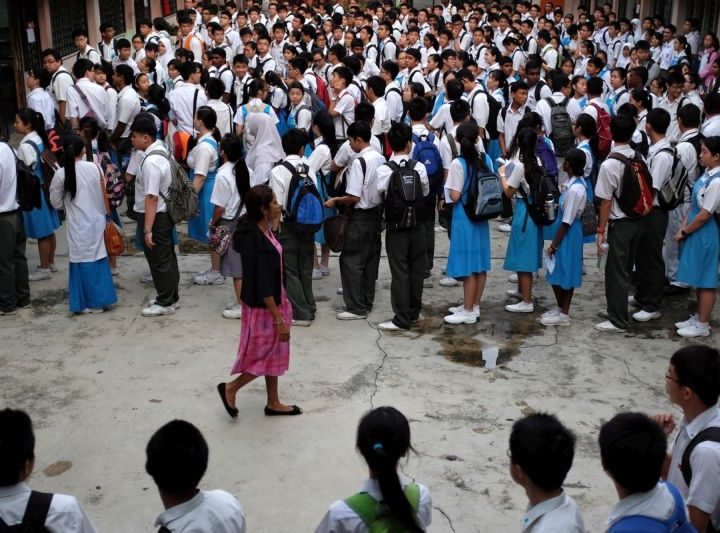Half of M’sians Are Discriminated in School, Here Are 5 Findings of a Recent Survey That Proves It
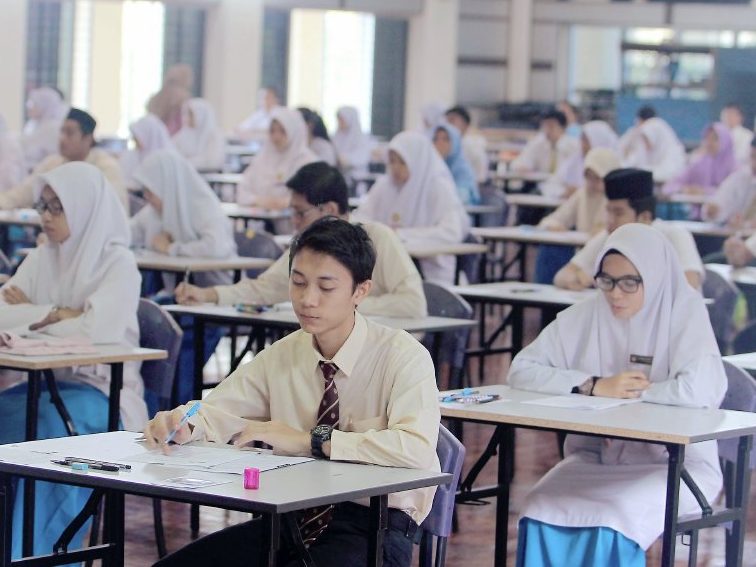 Thirsty for JUICE content? Quench your cravings on our Instagram, TikTok and WhatsApp
Thirsty for JUICE content? Quench your cravings on our Instagram, TikTok and WhatsApp
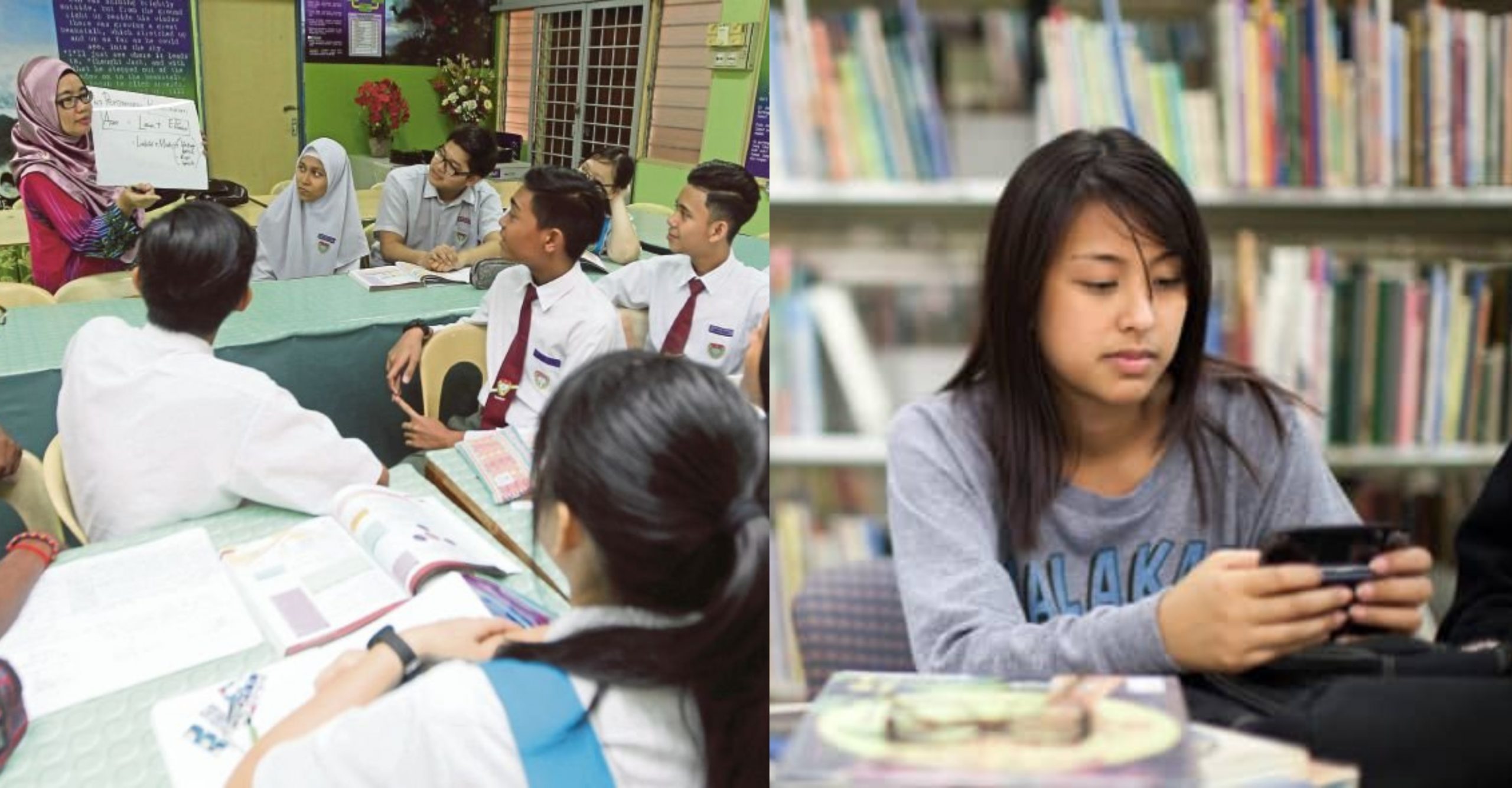
Just last week, a nationwide survey titled ‘Discrimination in Education’ was released and it contains responses from 2,441 people on their perceptions and past experiences of discrimination while schooling.
The study was conducted by Sekolah Semua and Architects of Diversity, youth movements aimed at addressing identity-based discrimination in education in Malaysia.
It defines discrimination as any unequal treatment, exclusion, lack of access, preference, or harassment done based on a person’s identity. This includes their race, religion, skin colour, belief, gender, language, geography, socioeconomic status, physical disability, mental disability, and sexual orientation.
But just how bad is it? Well, here are five main findings of the survey:
1. Half of Malaysians have experienced it

Around half (50%) of Malaysians reported having experienced perceived discrimination in education. Of those, 36% experienced verbal discrimination, 21% experienced harassment or bullying, and 18% were denied access to opportunities because of their identities.
Younger Malaysians (18-30) reported more experiences of perceived discrimination (59%) in education than older Malaysians (46+ 43%; 31-45 45%).
2. Indians are mostly the victims
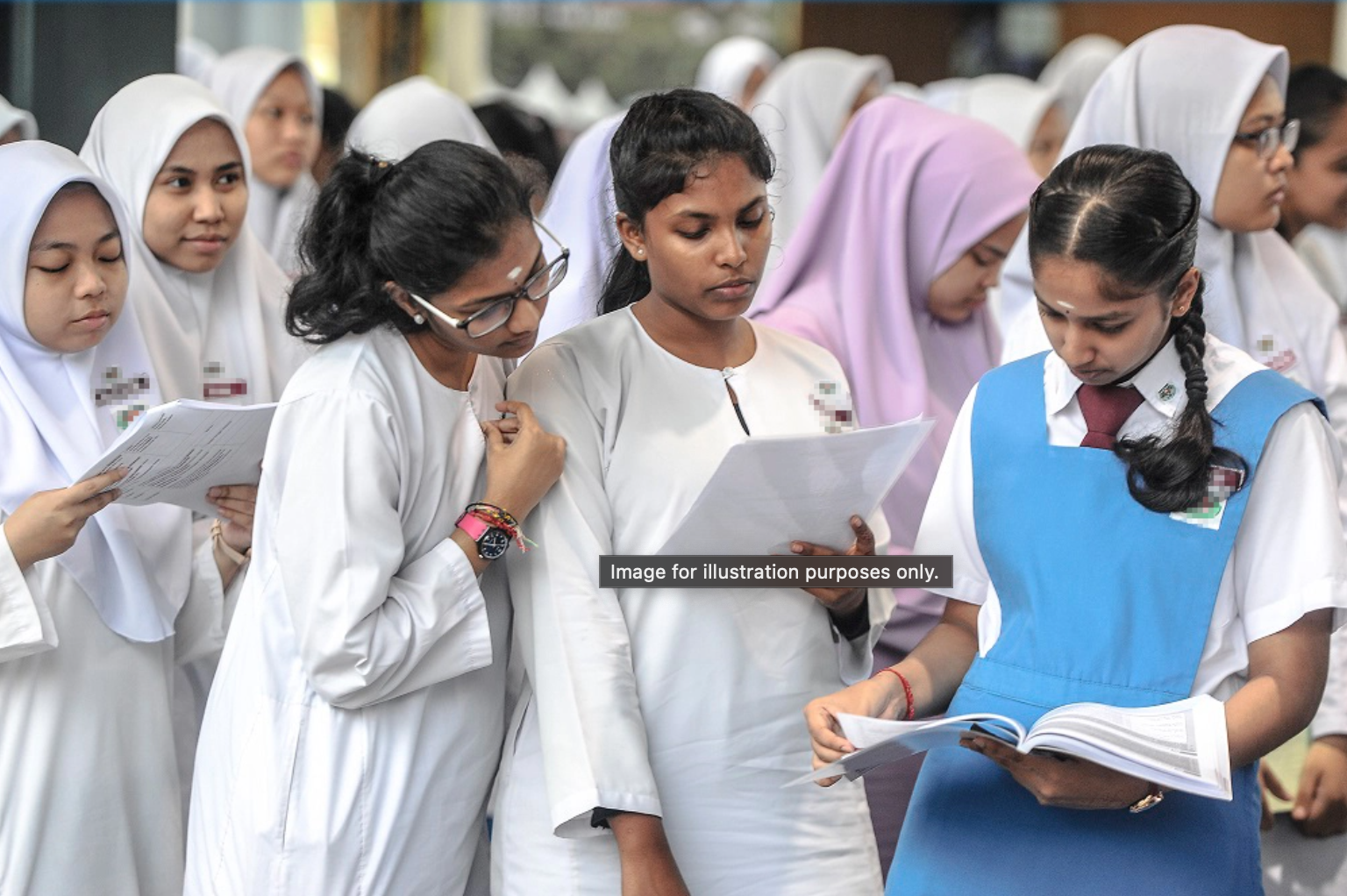
Indian respondents reported the highest rate of experiencing verbal discrimination (54%) and being denied access to opportunities because of their identity (40%) compared to other racial groups. They also reported significantly more experiences of perceived race-based discrimination in schools (87%) than other racial groups.
Indian respondents were more likely to attribute their experience of perceived discrimination to teachers (74%) too.
3. No equal opportunity?

Non-Bumiputera respondents (Chinese 82%; Indian 85%) were more likely than Bumiputera respondents (66%) to consider race-based exclusion for school admission a form of discrimination. Non-Bumiputera respondents (Chinese 36%; Indian 40%) reported greater perceived discrimination from government policies in education than Bumiputera respondents (Malay 15%; Other Bumi 23%).
With that, perceived socioeconomic-based discrimination in education was reportedly experienced by all races, gender and age groups at around the same level (43-51%).
4. Discrimination starts young
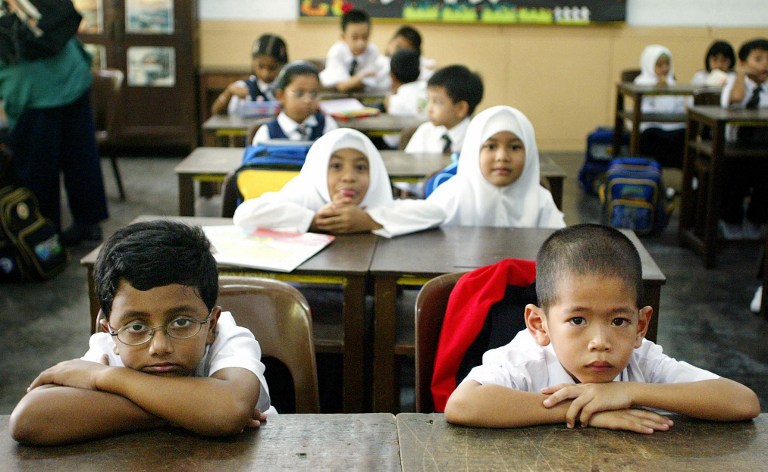
Among those reporting having experienced discrimination in education, younger respondents were more likely to report having experienced discrimination from another student of the same age (71%) than other age groups.
5. Reporting discrimination is not a thing here

The majority of those who reported having experienced perceived discrimination in education did not report it to either teachers, school administration, parents or the police (54%). Among those who did not choose to report their experience of perceived discrimination, 61% cited that they did not think it would make a difference, as their reason.
Among respondents who reported their experiences of perceived discrimination to authorities, 48% stated that no investigation or action happened after their report.
For now, both Sekolah Semua and Architects of Diversity said further research needs to be done to better understand discrimination in Malaysian schools due to the current survey’s retrospective nature and limitations.
“Anecdotally, many of us know of Malaysians that have faced negative and harmful experiences in schools because of their race, gender, and other identities,” Jason Wee, the co-founder of Architects of Diversity said.
“With the results of this survey, we hope that Malaysia as a country can start to better confront our discrimination problem.”
The full technical report of the survey can be downloaded here.
If you have experienced any form of discrimination in school, you may visit Sekolah Semua’s website to report your case and contribute to the survey.

 Get Audio+
Get Audio+ Hot FM
Hot FM Kool 101
Kool 101 Eight FM
Eight FM Fly FM
Fly FM Molek FM
Molek FM